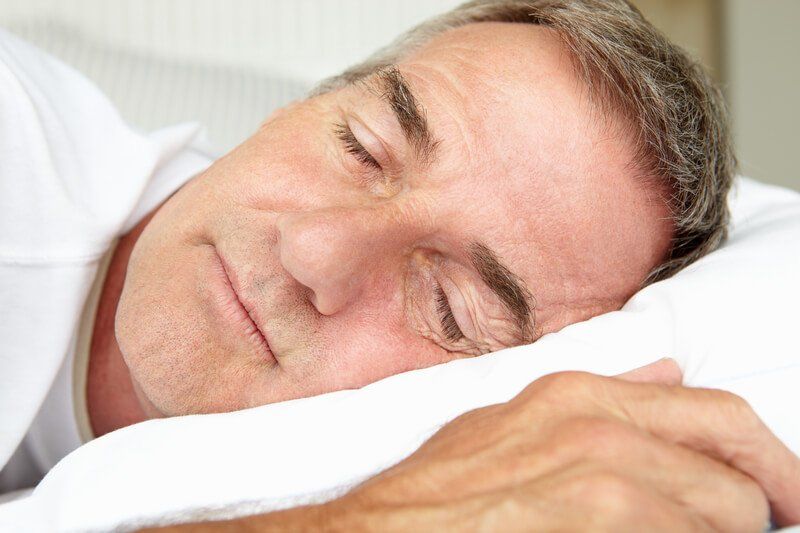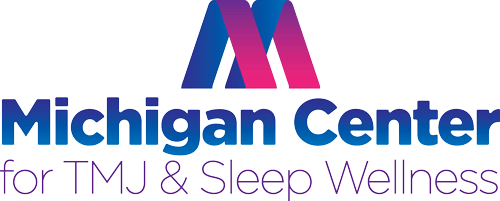Now seeing all patients, with enhanced safety protocols! Call (248) 480-0085
to schedule your appointment.
4550 Investment Dr. Suite 290 | Troy, MI 48098 |
(248) 480-0085
Sleep Apnea
Sleep apnea is the most serious form of sleep disordered breathing. If you have it, your breathing may stop hundreds of times a night, forcing your brain to awaken partly to restore breathing. You are likely unaware that you’re waking up, or, if you are aware, you may attribute it to the need to urinate or nightmares. Left untreated, sleep apnea can lead to cognitive difficulties, heart problems, and metabolic disorders. Fortunately, many successful treatments are available.
Sleep Apnea Symptoms
It can be hard to diagnose
because it occurs while you’re asleep. However, during the day you may notice a number of symptoms, such as:
- Sleepiness
- Waking up short of breath
- Morning headaches
- Dry mouth on waking
- Tendency to fall asleep during work or while driving
- Waking up unrested
- Moodiness or irritability
- Sadness
- Memory problems
- Concentration difficulties
- Weight gain or inability to lose weight
Sleep Apnea Symptoms
It can be hard to diagnose
because it occurs while you’re asleep. However, during the day you may notice a number of symptoms, such as:
- Sleepiness
- Waking up short of breath
- Morning headaches
- Dry mouth on waking
- Tendency to fall asleep during work or while driving
- Waking up unrested
- Moodiness or irritability
- Sadness
- Memory problems
- Concentration difficulties
- Weight gain or inability to lose weight
During the night you may also notice that you are:
- Waking up frequently to urinate
- Having recurring nightmares
- Irritating your partner with your snoring
Finally, many people are diagnosed with a number of dangerous illnesses that either go along with or are caused by sleep apnea, such as:
- High blood pressure
- Heart failure or arrhythmia
- Stroke
- Diabetes
- Fatty liver disease
- Gastroesophageal reflux disease (GERD)
- Sexual dysfunction
- Depression or other mood disorders
However, the only way to definitively diagnose sleep apnea is with a sleep test that is interpreted by a sleep physician. Home tests are available or the test can be performed at a sleep center.

Understanding Sleep Apnea
It occurs when your breathing stops at night. The most common form is obstructive sleep apnea, which occurs when your airway collapses during sleep. This cuts off your air supply: you are literally being choked by your own throat. About 98% of all sufferers have obstructive sleep apnea.
Central sleep apnea occurs when your brain forgets to tell your body to breathe, until it notices an oxygen shortage then has to awaken enough to resume breathing. Most people with this condition also have obstructive sleep apnea. Central sleep apnea can be due to heart problems caused by obstructive sleep apnea or may be a side effect of the most common treatment, CPAP.
It is closely related to TMJ. About half of sufferers have TMJ, and all are prone to developing TMJ. People with sleep apnea need to be taken care of properly to ensure that their TMJ or latent TMJ doesn’t worsen. At the Michigan Center for TMJ & Sleep Wellness, our interdisciplinary training and thorough approach ensures that every patient under our care receives treatments that are therapeutic both for sleep apnea and TMJ.
Sleep Apnea Treatments
Although there are many dangers, it is also a condition with many successful treatments which can all but eliminate its dangerous consequences.
CPAP is the most commonly used frontline treatment. It uses an air pump, mask, and hose arrangement to force air into your throat and lungs. This keeps your airway open and ensures a steady supply of oxygen. It is a highly effective treatment, when used. Unfortunately, CPAP compliance rates are relatively low, even when the definition of compliance is set so low that being technically compliant may not yield good therapeutic benefits.
Oral appliance therapy
uses your jaw to help keep your airway open. Since your jaw is the main bony support for your throat, moving your jaw can prevent airway collapse. People feel better about this treatment, which can be more convenient and comfortable, so they are more likely to use it. The only problem with this treatment is that it can lead to jaw problems like TMJ when used by dentists who don’t take adequate care. TMJ and sleep apnea are closely related
because of the close relationship between the jaw and the airway. At our office, we take care to treat patients as though they already had TMJ and craft oral appliances that ensure a comfortable jaw position that doesn’t promote and may actually treat TMJ.
Surgery
can also be used to treat sleep apnea, but it is recommended only as a last resort. Surgery has low success rates, high complication rates, and high recession rates—even if it works, your sleep apnea is likely to return, though it may be less than before.
If you would like to learn more about the best sleep apnea treatment for you, please call (248) 480-0085
or email us.
All Rights Reserved © 2020 Michigan Center for TMJ & Sleep Wellness | Website by Pro Impressions Marketing Group
| Sitemap

